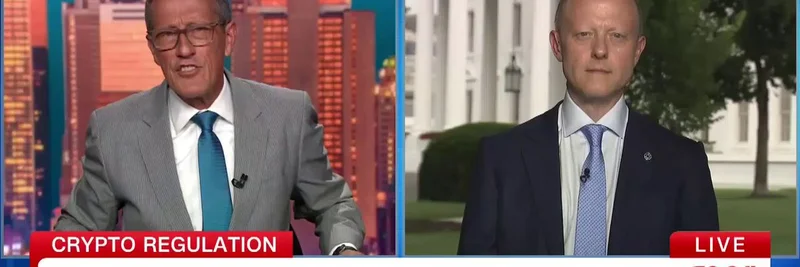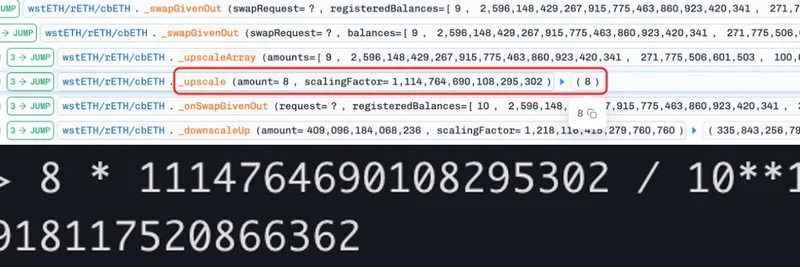In a recent discussion on CNN, Jeremy Allaire, CEO of Circle, highlighted the significance of the GENIUS Act, describing it as "among the most transformative laws in decades." This legislation, aimed at regulating stablecoins, marks a pivotal moment for the cryptocurrency industry, promising to reshape the landscape of digital finance.
Understanding the GENIUS Act
The GENIUS Act, or the Guiding and Establishing National Innovation for U.S. Stablecoins Act, introduces a comprehensive federal regulatory framework for stablecoins. Stablecoins are cryptocurrencies designed to maintain a stable value, typically pegged to a fiat currency like the U.S. dollar. This stability makes them particularly useful for transactions, reducing the volatility often associated with other cryptocurrencies.
Allaire's conversation with Richard Quest on CNN delved into the implications of this act. He emphasized that the GENIUS Act enshrines principles that Circle has long championed, particularly through their development of USDC, the largest regulated stablecoin network globally. The act mandates strong reserve requirements, supervision by banking regulators, and robust audit and reporting standards, all aimed at ensuring the safety and reliability of stablecoins.
Key Points from the Discussion
During the interview, Allaire explained how stablecoins can transform digital payments by allowing dollars to be expressed in a digital form, facilitating global, interoperable, and easy-to-use transactions. He noted, "Stablecoins as a technology have been around for some time, and really the promise here is that we can take dollars, express them in a digital currency form, and make them work on the public internet."
The GENIUS Act specifically addresses critical aspects such as:
- Reserve Requirements: Ensuring that stablecoins are fully backed by high-quality liquid assets, such as U.S. Treasury bills.
- Regulatory Oversight: Subjecting issuers to stringent supervision by federal and state regulators.
- Consumer Protection: Implementing measures like anti-money laundering requirements and transparent reporting to protect users.
Allaire also touched on the broader implications for innovation, stating, "What we need is strong regulation over the private sector and allowing American technology exceptionalism to innovate. It's really what this bill represents—unleashing the free market to compete and build an innovative but regulated environment."
The Role of Circle and USDC
Circle's USDC is at the forefront of this regulatory shift. As Allaire pointed out, USDC embodies the principles now codified in the GENIUS Act, with its strong reserve requirements and regulatory compliance. This positions Circle as a leader in the stablecoin space, ready to capitalize on the new regulatory environment.
The act's passage is expected to encourage more institutions to adopt stablecoins, potentially leading to a surge in their use for everyday transactions. Allaire's optimism is palpable: "We are giving superpowers through this technology, expanding competitiveness in the age of the internet as we move into a more deeply digital environment."
Implications for the Crypto Industry
The GENIUS Act's impact extends beyond Circle and USDC. It signals a broader acceptance and integration of cryptocurrencies into the mainstream financial system. By providing a clear regulatory path, the act could attract more traditional financial institutions and tech companies to issue their own stablecoins, fostering competition and innovation.
However, the act also raises questions about the balance between regulation and innovation. Critics worry that stringent requirements might stifle creativity, while proponents argue that they are necessary to protect consumers and maintain financial stability.
Conclusion
The GENIUS Act represents a landmark in cryptocurrency regulation, with the potential to transform how stablecoins are used and perceived. Jeremy Allaire's insights on CNN underscore the act's significance, highlighting its role in enhancing consumer protection, fostering innovation, and solidifying the U.S. dollar's position in the digital economy.
As the crypto industry continues to evolve, the GENIUS Act stands as a testament to the growing acceptance of digital assets and the need for robust regulatory frameworks. For blockchain practitioners and enthusiasts, understanding this legislation is crucial to navigating the future of finance.
For more on meme tokens and the latest in blockchain technology, visit Meme Insider.



